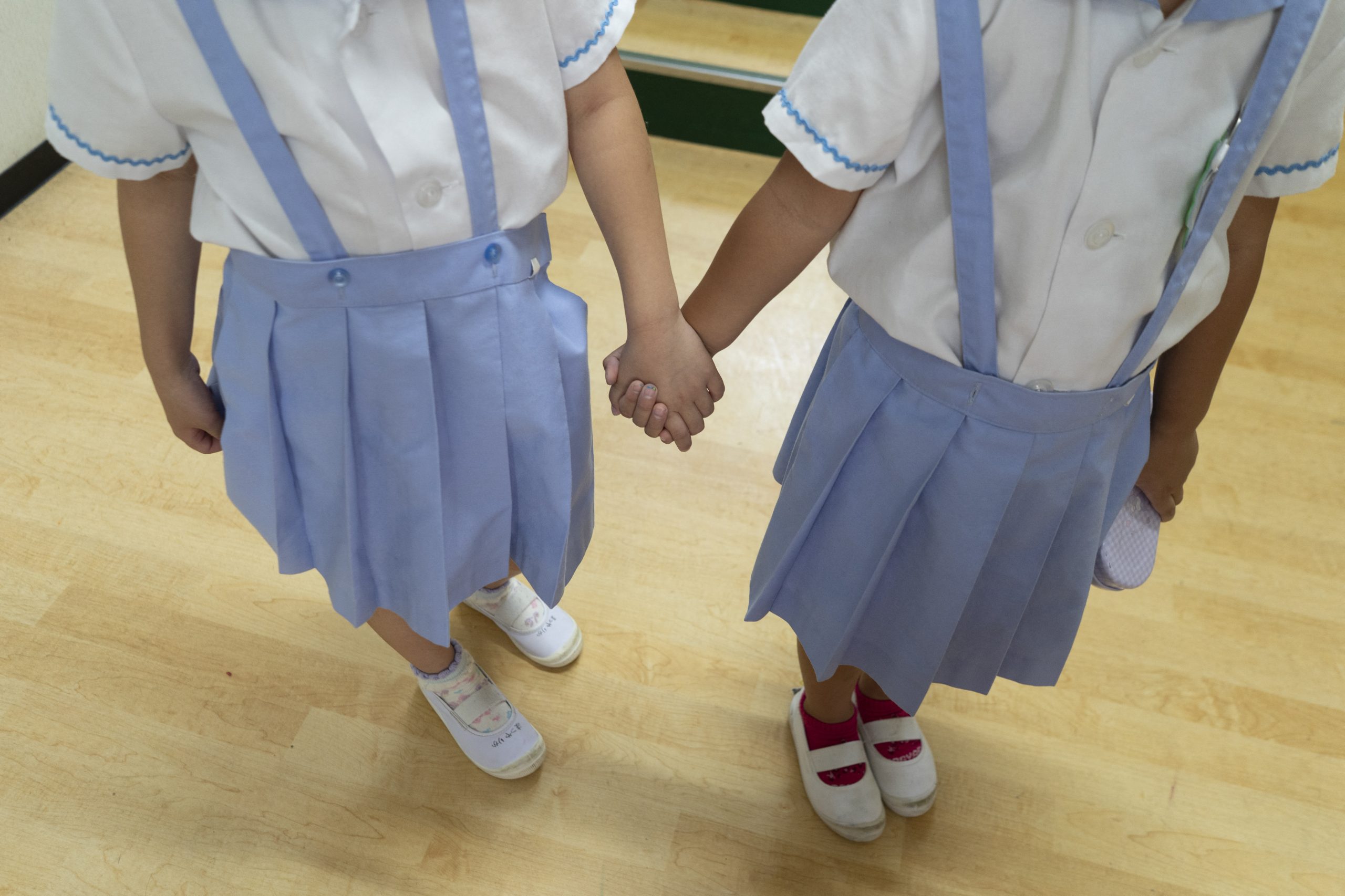The Double-Edged Sword: Exploring the Nuances of Empathy
Empathy, often hailed as a cornerstone of human connection and compassion, is facing a surprising re-evaluation. While most people instinctively view the ability to understand and share the feelings of others as a positive trait, recent discussions, particularly within some conservative Christian circles, are questioning its inherent goodness, even labeling it a sin in some cases. This emerging skepticism highlights a growing awareness of the complex and sometimes detrimental aspects of empathy. But is empathy truly harmful, or is it simply misunderstood?
When Compassion Overwhelms: The Dark Side of Feeling Too Much
Even those who champion empathy acknowledge its potential pitfalls. Erica Steenberger, a Chicago-based therapist, openly admits to experiencing the overwhelming nature of empathy in her professional life. Speaking on Vox’s “Explain It to Me” podcast, she described the unexpected challenges of practicing empathy as a career, highlighting the emotional toll it can take. This sentiment isn’t unique to therapists; Steenberger observes similar struggles in other professions, such as retail, where constant exposure to others’ emotions can lead to burnout and emotional fatigue. The key issue here lies in the potential for empathy to become all-consuming, blurring the lines between one’s own emotions and those of others.
Finding the Balance: Healthy Empathy vs. Emotional Overload
The debate surrounding empathy underscores the importance of distinguishing between healthy empathy and emotional overload. Healthy empathy involves understanding and acknowledging another person’s feelings without necessarily internalizing them. It allows for compassionate action and support while maintaining emotional boundaries. Emotional overload, on the other hand, occurs when empathy becomes excessive, leading to emotional exhaustion, vicarious trauma, and impaired decision-making. The challenge lies in cultivating empathy in a way that fosters connection and compassion without sacrificing one’s own well-being.
Reclaiming Empathy: A Path to Understanding and Connection
Ultimately, the criticisms leveled against empathy shouldn’t be interpreted as a rejection of compassion altogether. Instead, they serve as a crucial reminder of the need for self-awareness and emotional regulation. By recognizing the potential downsides of unchecked empathy and developing strategies for maintaining healthy boundaries, we can harness its power to build stronger relationships, foster greater understanding, and contribute to a more compassionate world, without sacrificing our own mental and emotional health. The key is not to abandon empathy, but to refine our understanding and practice of it.
Based on materials: Vox





